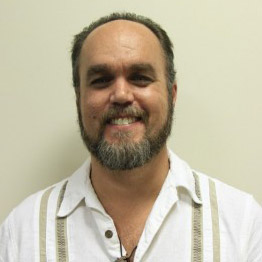 A lot of people complain about youth today, but few do anything about it. That isn’t a criticism, but an observation. Kids who get into trouble usually don’t jump straight into full blown crime. They start small and work their way up. They are the kids who have problems at school perhaps, or run the streets committing petty vandalism or fighting. Maybe they skip school to smoke marijuana.
A lot of people complain about youth today, but few do anything about it. That isn’t a criticism, but an observation. Kids who get into trouble usually don’t jump straight into full blown crime. They start small and work their way up. They are the kids who have problems at school perhaps, or run the streets committing petty vandalism or fighting. Maybe they skip school to smoke marijuana.
If the average citizen witnesses one of these behaviors they are more likely to ignore it, or perhaps to call the police, than to address the problem themselves. In years past this wasn’t always as common. This is particularly true in areas with other social problems, including poverty, high unemployment, and a lack of housing stability. In places where people mind their own business, crime is often more common.
Sociologists recognize two factors at play in what is called informal social control. The first is our willingness to engage in “guardian” type behaviors. Research into this phenomenon is what has led to neighborhood watches, community policing, and similar endeavors that encourage people to get involved by calling the police. The second factor, which has been less promoted, is direct involvement by citizens in correcting actions that deviate from the community standard. This is rarer today than it was in the past.
Researchers in Atlanta conducted a study in an urban housing project. Their purpose was to see if training in communication, decision making, and other skills that could be used for addressing conflict would actually change people’s attitudes about getting involved. Unsurprisingly, it did. When residents had learned new ways to approach problems that they would have previously ignored, or perhaps notified the police about, they were more willing to give it a try.
Here in Athens, at the Georgia Conflict Center (where I work), the recognition of this dynamic is the basis for many of our programs. Developing peacemakers in neighborhoods with higher crime rates, sharing communication skills with school kids, partnering neighborhood volunteers with young people who have been in trouble with the law, bringing restorative justice practices to the local juvenile court, helping schools develop restorative approaches to discipline, and many other things we do and hope to do, are all based in the understanding that we can’t fix the problems alone.
What we can do is help members of our community develop skills and strategies. We can tap into their strengths and inherent wisdom, and together create solutions that really work. A community that is connected and willing to communicate about difficult issues is much more likely to intervene in a young person’s life early on, before it is too late.
Sometimes the best thing we can do is to not mind our own business.































